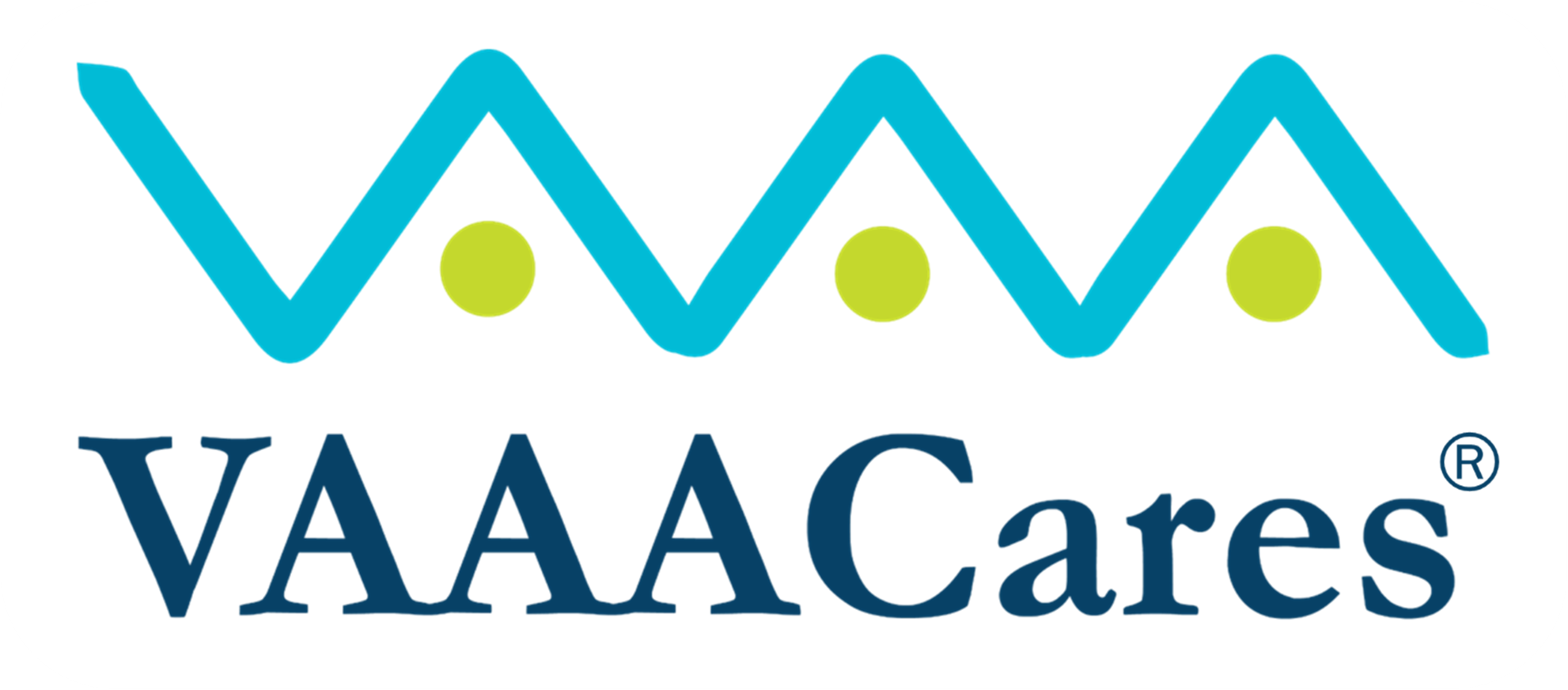Resources

The following articles and case studies may be of interest to those who wish to learn more about health-related social needs, social determinants of health, and how health systems and health plans can improve outcomes by partnering with community-based organizations.
Partnerships with Community-based Organizations: Opportunities for Health Plans to Create Value
USAging Aging and Disability Business Institute, Partnership to Align Social Care, and Camden Coalition. June 2023.
In communities across the country, Area Agencies on Aging and other community-based organizations (CBOs) provide a vast array of social services including outreach, care management, nutrition support and supportive housing services. Partnering with CBOs is an efficient and effective means of providing essential social care benefits to health plan members, many of whom face significant structural and social barriers, including racism, poverty and isolation.
Working With ACOs to Address Social Determinants of Health
Robert Mechanic & Ashley Fitch. Health Affairs. January 10, 2023.
Social, behavioral, and economic factors are important determinants of health and health outcomes. Many health care organizations are beginning to assess the social risks of their patients and facilitate interventions to address health-related social needs. Improving the integration of medical and social services is also central to the Biden administration’s health policy agenda. Organizations participating in payment models in which they are responsible for managing the total cost of care for assigned or enrolled populations, such as accountable care organizations (ACOs), may be particularly interested in integrating medical and social services.
VAAACares: Partnership Reduces Hospital Readmissions and Saves Money
Kathy Vesley. CSA Journal. Number 73, Vol. 1, 2019.
As the population ages and health care costs continue to rise, many agencies are on the hunt for solutions that reduce expenditures while enhancing patient outcomes. Virginia’s Bay Aging provides just such a model for reducing hospital and nursing home readmissions.
Caring, Cost-savings and Credibility in the Commonwealth
Aging Today. January/February 2018.
Medicare and Medicaid beneficiaries living in the Commonwealth of Virginia are receiving extraordinary (and convenient) care through a partnership model that has served thousands since its inception two years ago. The VAAACares® program provides comprehensive care coordination, care transitions and many other services to support the health and well-being of its enrollees. Maintaining an independent database for reporting performance measures, tracking care episodes and patient outcomes and other quality assurance measures, the program is a “one-stop-shop” for referrals, billing, reporting, data analytics, training and quality assurance.
Addressing Social Determinants: Scaling Up Partnerships With Community-Based Organization Networks
Lance Robertson & Bruce Allen Chernof. Health Affairs. February 24, 2020.
As health care payment models become more value-based, health care systems are increasingly interested in approaches that address both medical needs and social determinants of health.
Collaborating to Reduce Hospital Readmissions for Older Adults With Complex Needs: Eastern Virginia Care Transitions Partnership
Case Study. October 2017.
This case study features The Eastern Virginia Care Transitions Partnership (EVCTP), which expanded to become VAAACares®. From February 2013 to January 2015, EVCTP reduced the 30-day readmission rate from 18.2 to 8.9 percent, resulting in estimated savings of more than $17M through 1,804 avoided readmissions.
Social Determinants As Public Goods: A New Approach To Financing Key Investments In Healthy Communities
Len M. Nichols & Lauren A. Taylor. Health Affairs. August 2018.
Good research evidence exists to suggest that social determinants of health, including access to housing, nutrition, and transportation, can influence health outcomes and health care use for vulnerable populations. Yet adequate, sustainable financing for interventions that improve social determinants of health has eluded most if not all US communities. This article argues that underinvestment in social determinants of health stems from the fact that such investments are in effect public goods, and thus benefits cannot be efficiently limited to those who pay for them—which makes it more difficult to capture return on investment. Drawing on lesser-known economic models and available data, we show how a properly governed, collaborative approach to financing could enable self-interested health stakeholders to earn a financial return on and sustain their social determinants investments.
Working With Community Care Hubs to Address Social Drivers of Health: A Playbook for State Medicaid Agencies
Melinda Dutton, Elizabeth Osius et al. Manatt Health. November 2022.
Health and well-being require far more than medical care. Research shows that personal behaviors, physical environments and socioeconomic factors—commonly referred to as the social drivers of health (SDOH)—are responsible for 80 percent of health outcomes. Individuals enrolled in Medicaid experience disproportionate rates of complex health and social needs. With this in mind, state Medicaid agencies are increasingly looking beyond the health care system for solutions to improve health outcomes and achieve value. Community-based organizations (CBOs) are emerging as critical partners in state efforts to address SDOH. Trusted by the communities they serve, CBOs have deep relationships, knowledge of the local environment and critical expertise on the delivery of social care.
Improving Health And Well-Being Through Community Care Hubs
Andre Chappel, Kelly Cronin et al. Health Affairs Forefront. November 29, 2022.
As part of the Department of Health and Human Services’ (HHS’s) strategic approach to addressing social determinants of health (SDOH), we envision a future in which all individuals, regardless of their social circumstances, have access to aligned health and social care systems that achieve equitable outcomes through high-quality, affordable, person-centered care. While identifying pathways to adequately fund social care is critical to achieving this vision, there is also a need for communities to develop sustainable partnerships among health care providers, the public health system, and community-based organizations (CBOs), and to develop the data and financing infrastructure needed to support these partnerships.
Payment For Comprehensive Dementia Care: Five Key Recommendations
Nora Super et al. Health Affairs. February 7, 2023.
We, the authors, believe care could be vastly improved, and costs could be reduced, if all community-dwelling Medicare beneficiaries living with dementia could enroll in a comprehensive dementia care program that addresses the needs of both the persons living with dementia and their caregivers. Congressional leaders and dozens of experts have urged the Center for Medicare and Medicaid Innovation (the Innovation Center) to test a nationwide alternative payment model (APM) to provide comprehensive care to those living with dementia.
The Accountable Health Communities Health-Related Social Needs Screening Tool
CMS Center for Medicare and Medicaid Innovation.
We at the Centers for Medicare & Medicaid Services (CMS) Center for Medicare and Medicaid
Innovation (CMMI) made the Accountable Health Communities (AHC) Health-Related Social
Needs (HRSN) Screening Tool to use in the AHC Model. We’re testing to see if systematically
finding and dealing with the health-related social needs of Medicare and Medicaid beneficiaries
has any effect on their total health care costs and makes their health outcomes better.
Social Determinants of Health Information Exchange Toolkit
EMI Advisors for ONC. February 2023.
ONC recognizes the potential of data-driven technologies, including certified health IT, to impact health equity. ONC takes an equity-by-design approach to our work. We are committed to advancing the use of interoperable, standardized data to represent social needs and the conditions in which people live, learn, work, and play. Strategic implementation of health IT can facilitate increased and improved collection, documentation, reporting, access, exchange, and use of SDOH data. This information can provide valuable insights for individuals, service providers, and communities working to take action, including in areas such as the referral to services that address social needs/SDOH, strategic outreach, service coordination, and public health. Such insights can be powerful tools to address and reduce inequities in health.
